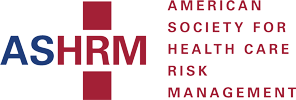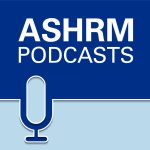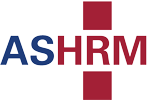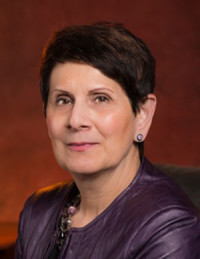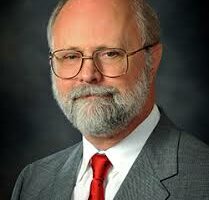One of the professional risk manager’s concerns, which challenges many of the intentions of the role, is that no matter how hard you try, no matter what the efforts are, one can never manage away all of the risk or the stresses that comes with trying to do so.
In the past decade, there has been a plethora of books and articles hailing the latest and greatest solution that will end a person’s negative response to stress. “If only” we would do this or handle it that way, we might erase years of worry lines from our skin, become the leader we were meant to be and enjoy life more. But, one gets the sense that having a positive attitude may not always be that single, ideal solution, when one considers the nature of daily work in the world of risk managers.
Can we eliminate stress or should the focus be on strengthening our resolve? Might we learn to snap back from the impact of stress with the vigor of a bungee cord? Is it that easy and simple?
Over the past decade, several authors have focused their writings away from attempting to reduce stress and instead turned their focus toward the building of resilience.
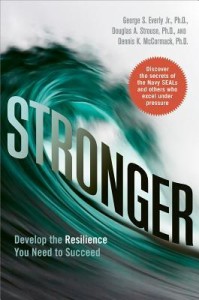
In George Everly Jr., Douglas A. Strouse and Dennis K. McCormack’s 2015 publication Stronger: Develop the Resilience You Need to Succeed, the authors assert that resilience is not something with which we are born. Instead, resilience and survival are built upon awareness, training and personal growth. Not unlike building physical muscle with exercise, the authors stress that self-awareness, training and stress readiness can bring forth emotional hardiness.
In Stronger, we learn of five key characteristics, that once cultivated, may add to your own personal toolbox for building resilience, furthering professional growth and creating opportunities for success. Those five characteristics are: Active Optimism (believing that you can chart a course to change things for the better), Decisive Action (having a lifelong willingness to take risk), Moral Compass (making decisions that align with your personal core values to reduce personal conflict and moral distress), Relentless Tenacity and Determination (not giving up, persisting, persevering) and Interpersonal Support (gaining energy and support from those around you who are like-minded, goal-driven individuals, providing a professional support network).
About the Authors
Dr. Everly, the founding father of modern stress management and disaster mental health, serves as a professor of psychiatry at Johns Hopkins University School of Medicine, a professor of psychology at Loyola University Maryland and executive director of resilience at the University of Maryland, Baltimore County, Training Centers.
Dr. Strouse is the managing partner of Wesley Consulting HRD, LLC, a data management company, and serves on the Johns Hopkins University Psychiatry Advisory Board. Dr. McCormack was one of the first Navy SEALS and pioneered SEAL combat doctrine and tactics during the Vietnam War. He has served as chief of the Department of Behavioral Medicine, Winn Army Community Hospital.
Review
Stronger is filled with insight, character-building homework and ways to enhance personal awareness through self-assessments. Highlights include:
- Our initial response to a stressor is telling. If I am working from a place of immediate reaction with no action, helplessness may ensue. If I am immediately responding from a place where I have too little information, my response may be fear. With self-awareness we can learn a new way to respond that takes us away from defensiveness or self-imposed isolation.
- As a risk management professional, there is an intersection where risk management and ethical decision making must come to terms and, quite often, the getting there makes for a rough ride. At a time when a decision is better than no decision, we move forward and course correct when perfect decision making escapes us but continue on to the next problem to solve, the next project or that next phone call.
- A key point made by the authors is the importance of a support network. Even when you have not encountered one naturally, a personal support network can be built. The effort to do so will pay off when you are surrounded by positive, accountable and relentlessly goal-driven colleagues, those professionals who are in sync with your belief system and moral strengths.
- The concept of creating a better, more positive attitude may not come easily when work days are spent seeing the less than positive side of healthcare and the less than positive side of humanity. Building resilience also builds character and strengthens confidence, offering a way to see through the noise and emotions of a situation. This is not the Pollyanna version of blind optimism. Instead, the authors recommend an active form of optimism where action is key. A positive attitude, once it becomes more a regular routine, can build resilience.
No one book offers a single solution. However, adding this book to your summer reading list may provide insight into the science of stress, while also offering suggestions for building your stress-reduction personal tool kit.
Joan M. Porcaro, RN, BSN, MM, CPHRM, is a senior risk management consultant at the Mutual Insurance Company of Arizona.
